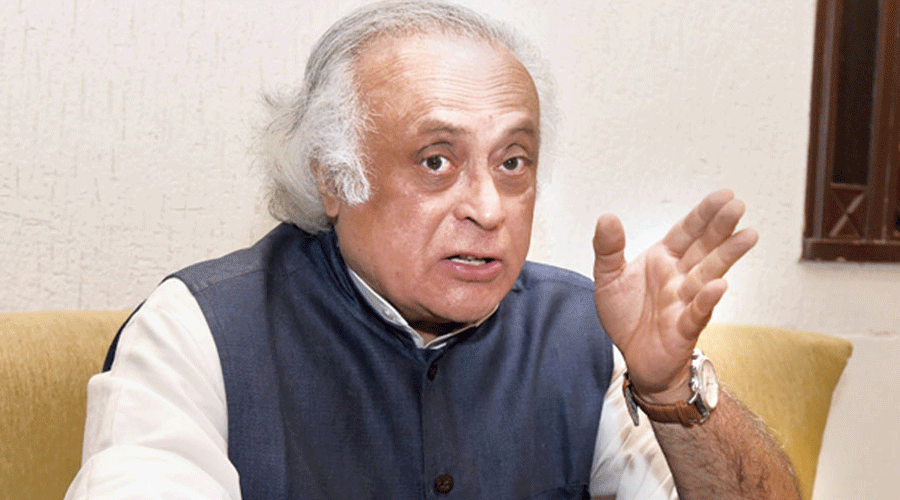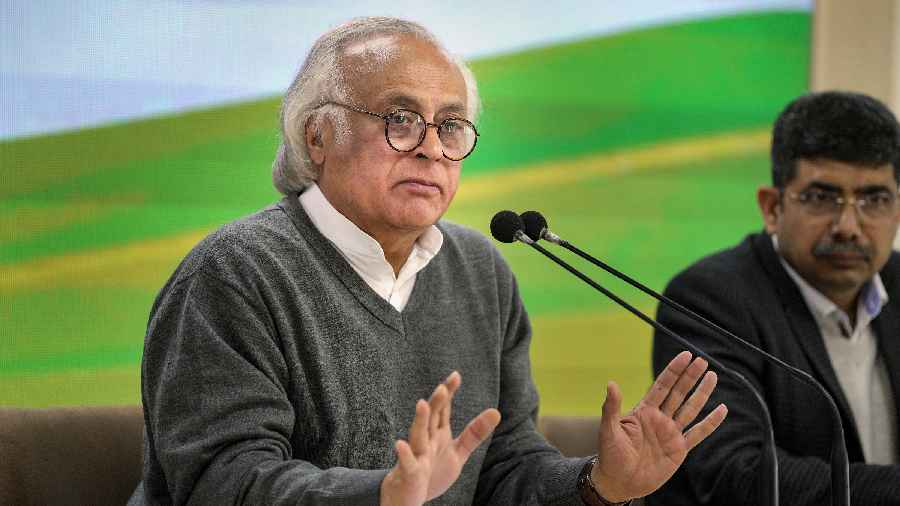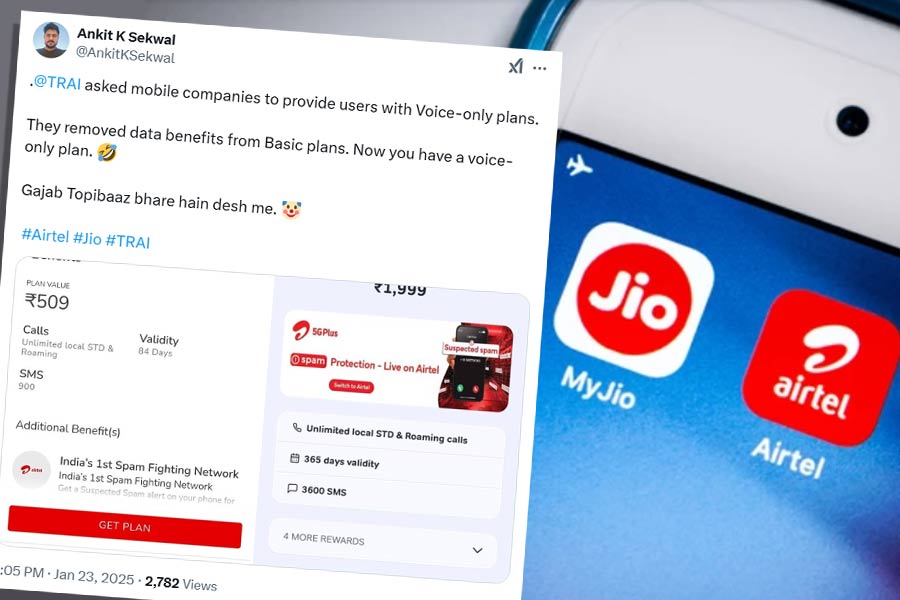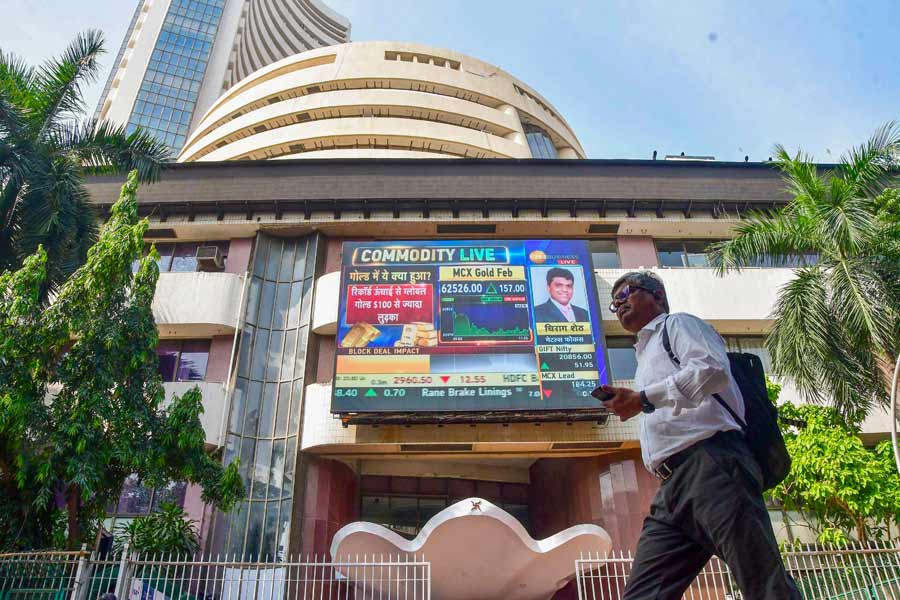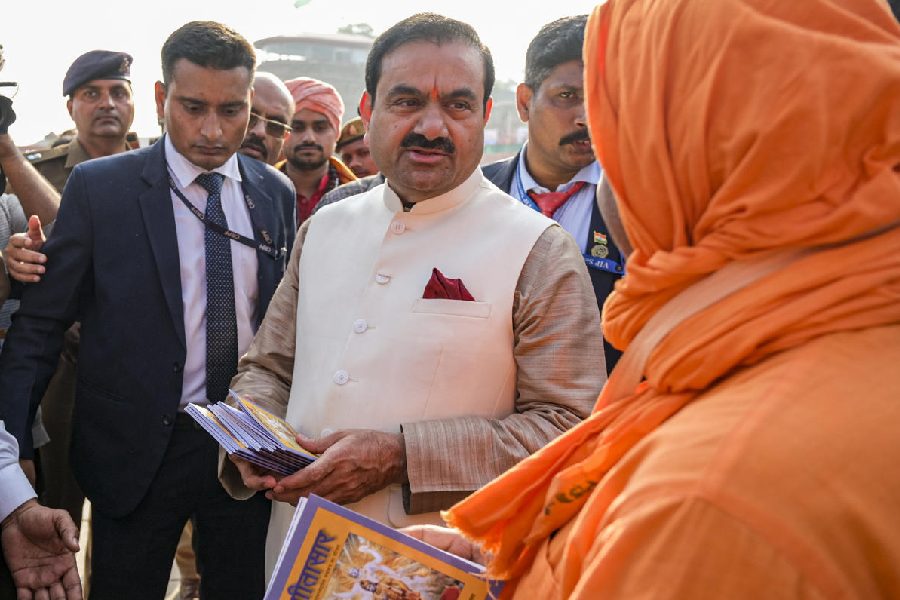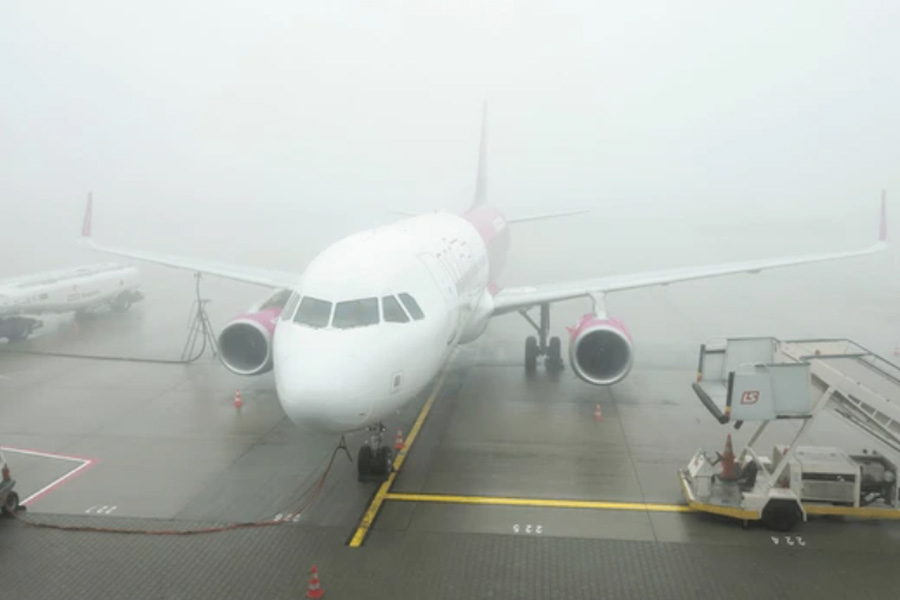The Congress on Wednesday said it stood vindicated on the charge that the Narendra Modi government has created monopolies to harm small businesses, leading to abnormally higher prices of commodities.
The Opposition party said that in return for such favours, Modi and the BJP were rewarded with funding through electoral bonds.
The trigger for the attack was the statement of Viral Acharya, former Reserve Bank of India deputy governor, who said last week that India’s biggest conglomerates — Reliance Group, the Tatas, Aditya Birla Group, Adani Group and Bharti Telecom, loosely labelled as the Big 5 — needed to be broken up as they were contributing to elevated inflation in the country.
Congress communications chief Jairam Ramesh said in a statement: “As the AdaniMegascam has shown, PM Modi’s ‘suit-boot ki sarkaar’ has systematically helped his cronies build large, concentrated monopolies across various sectors since he took office. Now we have fresh and credible evidence that these monopolies are driving price rise in the country by misusing their market power to systematically charge 10-30% higher prices than their competitors.”
"This evidence comes to us from the internationally renowned financial economist Dr Viral Acharya, who served as deputy governor of the Reserve Bank of India from 2017 to 2019.”
Ramesh said: “Rising prices are being driven by five major groups, including the Adani Group, that are building monopolies in 40 sectors including cement, chemicals, petrol, construction, telecom and retail trade. These groups, called the Big 5, now own 18% of all assets.
"According to Acharya’s analysis, this contributes to price rise in three steps: (1) Since 2015, the Big 5 have entered many new sectors by acquiring smaller companies, and have also expanded their market share within these sectors; (2) The Modi government has favoured Big 5 monopolists by preferentially allocating them projects, allowing predatory pricing and shielding them from international competition by raising import tariffs. In cases such as Adani, we have also seen public sector institutions like SBI and LIC being forced to provide loans and investment to them."
Ramesh continued: “(3) This favourable treatment has allowed the Big 5 to charge increasingly higher prices than their competitors. Consider an item that costs Rs 100 to produce. Whereas other companies charge consumers about Rs 125 for the item, the Big 5 companies charge closer to Rs 145. Hence, Acharya finds that when monopolists increase their sales share by 10% in a sector, we also see a 2.7% increase in inflation in that sector.”
The Congress leader added: “As a result of growing market concentration, the average profit margin charged across all goods sectors has nearly doubled from 18% in 2015 to 36% in 2021. These rising prices directly hurt consumers. For example, the cost of one unit of electricity bought by the Gujarat government from Adani jumped from Rs 2.83 in January 2021 to Rs 8.83 in December 2022.
"User fees in the Adani-owned Ahmedabad airport are scheduled to rise 12-fold in the near future while user fees in the Adani-owned Lucknow airport are proposed to rise 5 times from the current Rs 192.”
Arguing that Modi’s enabling of monopolies is part of his disastrous economic policies, Ramesh said: “This has inflicted a price on Indians, such as a badly designed GST, sky-high prices for petrol and gas, indiscriminate privatisation of agriculture and PSUs. The Congress party supports an economy which benefits all, including private enterprise with a fair and level playing field for large and small businesses, especially MSMEs that generate the bulk of employment in the economy.”

